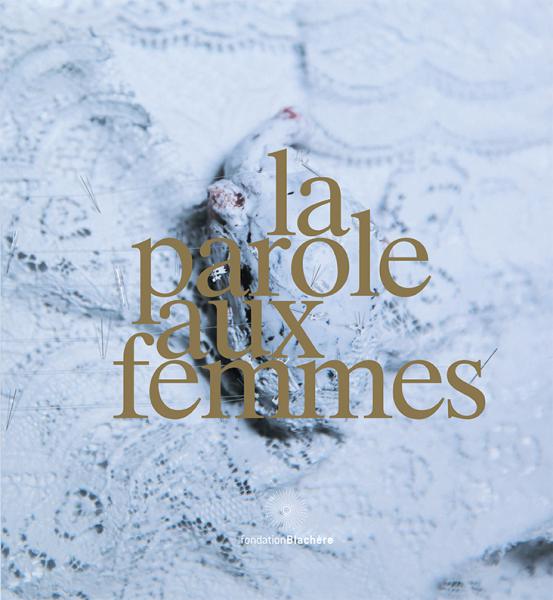Fiche Personne
Cinéma/TV
Arts plastiques

Kara Walker
Réalisateur/trice, Peintre
États-Unis

Français
Née en 1969 à Stockton en Californie, Kara Walker étudie à l’Université d’Atlanta en 1991, puis à la Rhode Island School of Design en 1994. Elle a reçu le MacArthur Foundation Genius Award en 1997, le Deutsche Bank Prize en 2004, et a participé à la 25e Biennale de Sao Paulo (2002).
En 2007, elle est présentée au Pavillon italien de la Biennale de Venise. Elle enseigne à l’Université de Columbia à New York.
« Dès qu’on commence à raconter l’histoire du racisme, on la revit, on crée un monstre qui nous dévore. Mais aussi longtemps qu’il y aura un Darfour, aussi longtemps que quelqu’un dira « Tu n’es pas d’ici », il semble pertinent de continuer à explorer le terrain du racisme ». (Kara Walker)
En 2007, elle est présentée au Pavillon italien de la Biennale de Venise. Elle enseigne à l’Université de Columbia à New York.
« Dès qu’on commence à raconter l’histoire du racisme, on la revit, on crée un monstre qui nous dévore. Mais aussi longtemps qu’il y aura un Darfour, aussi longtemps que quelqu’un dira « Tu n’es pas d’ici », il semble pertinent de continuer à explorer le terrain du racisme ». (Kara Walker)
English
Kara Walker was born in Stockton, California, in 1969, and partly raised in Atlanta, Georgia. She received her MFA in Painting/Printmaking from the Rhode Island School of Design. In 2007 Time Magazine named her one of the country’s one hundred most influential artists. In 1997, Kara Walker won the MacArthur « genius » award – one of the youngest artists to be so honored. This was for her body of work, which centers on race, and the powerful psychological projections that are attached to stereotypes. From the start of her career, Walker has used the antiquated silhouette form to address slavery, and it’s resulting confusion: « carpet-bagging, » « freedom, » miscegenation. It was only a matter of time before the artist made the next step-by having her sweeping still narratives move. In 2004, Walker directed her first film, « Testimony: Narrative of a Negress Burdened by Good Intentions »-a film that gains in narrative power through its chronological confusion. Things happen, but when? While a Walker film is rooted in the history of slavery-we recognize the plantation, the masters and the slaves – we see it through a modern lens, informed by our knowledge of D.W. Griffith’s « Birth of a Nation, » « Mandingo, » and other sexed up, vexing conceits. Walker means to incorporate both views in her work – the historical and the ahistorical, the trashy and the exalted, while opening the viewer up to another vista altogether: their race-defined, not to say limited, self.
Films(s)
-
 Bureau of Refugees, Freedmen and Abandoned Lands: Six Miles from Springfield on the Franklin Road– 2009Réal: Kara WalkerKara Walker est lié(e) à ce film en tant que réalisateur/trice
Bureau of Refugees, Freedmen and Abandoned Lands: Six Miles from Springfield on the Franklin Road– 2009Réal: Kara WalkerKara Walker est lié(e) à ce film en tant que réalisateur/trice -
 …calling to me from the angry surface of some grey and threatening sea– 2007Réal : Kara WalkerKara Walker est lié(e) à ce film en tant que réalisateur/trice
…calling to me from the angry surface of some grey and threatening sea– 2007Réal : Kara WalkerKara Walker est lié(e) à ce film en tant que réalisateur/trice -
 8 Possible Beginnings or: The Creation of African-America, a Moving Picture by Kara E. WalkerCourt-métrage – 2005Réal :Kara WalkerKara Walker est lié(e) à ce film en tant que réalisateur/trice
8 Possible Beginnings or: The Creation of African-America, a Moving Picture by Kara E. WalkerCourt-métrage – 2005Réal :Kara WalkerKara Walker est lié(e) à ce film en tant que réalisateur/trice
Partager :




